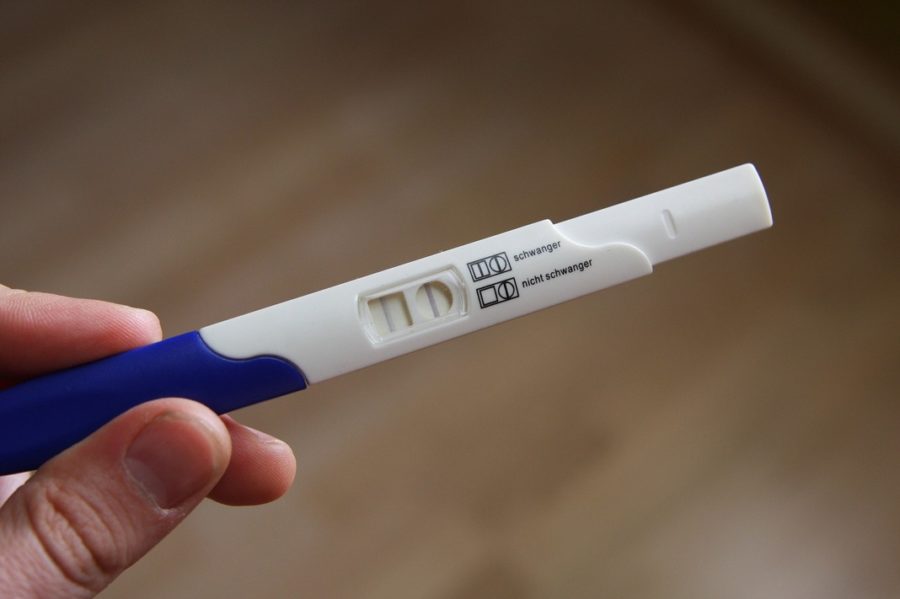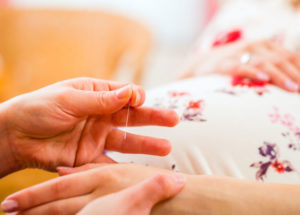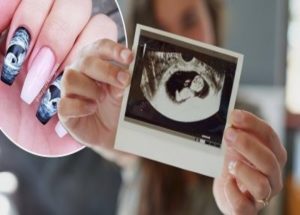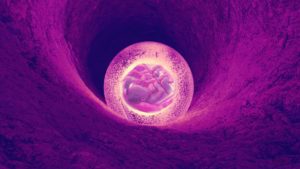Pregnancy is the time when a baby is conceived and grows inside the body of a woman. It lasts between 37 and 40 weeks and is divided into three trimesters each for approximately 12 weeks. Menopause marks the end of the female ability to reproduce. The woman ceases to ovulate and has menstrual cycles. It’s the end of the fertility of a woman. Menopause and pregnancy have a variety of signs. Women who choose to give birth at an early age can hardly tell if their first signs are caused by pregnancy or menopause. This article describes how the two are identical and how the two differ. Scroll down to know the difference between menopause and pregnancy.
Common Symptom Of Menopause And Pregnancy
The body undergoes many physical and hormonal changes during pregnancy which causes many symptoms. Menopause, likewise, induces body changes. In their late 40s to mid-50s, most women undergo menopause. They experience perimenopause before the real menopause, which is the beginning of symptoms. In the mid to late 40s, perimenopause may start and last from 2 to 8 years.
Here are the symptoms of both pregnancy and menopause that are common:
1. Mood Swings
In both perimenopause and pregnancy, hormonal increases and decreases can cause mood swings. The hormonal changes during pregnancy could make you feel very emotional and tearful. Women may be irritable, gloomy, or depressed during perimenopause.
2. Headaches
Both pregnant women and perimenopause women have headaches. The lack of menopause estrogen triggers headaches. During pregnancy, an increase in levels of the hormones estrogen, progesterone, and hCG (Human Chorionic Gonadotropin) triggers headaches.
3. Change In Weight
Pregnancy as well as menopause cause weight changes. In pregnancy, weight gain is incremental, with the woman gaining weight steadily as the baby grows. Hormonal changes cause weight gain during menopause, especially around the abdomen. During menopause, a slowdown of metabolism makes healthy weights challenging for women.
4. Incontinence
Increased blood flow during pregnancy puts pressure on the kidneys as more fluids must be absorbed. This raises the desire for most women to urinate and maybe you go to the loo more frequently! Furthermore, the rising uterus pushes the bladder, causing early pregnancy incontinence. Muscle and tissue loss cause incontinence during menopause.
5. Changes in Menstrual Cycle
Both pregnant women and women can undergo shifts in their menstrual cycles during perimenopause. The missing periods are typically a pregnancy predictor while the onset of menopause is suggested by irregular periods. Signs of abnormal intervals are found between periods, variations in blood flow, and shorter or longer periods.
6. Sleep Problems and Fatigue
In pregnancy, high levels of progesterone induce fatigue, which causes women to feel sleepy. In perimenopause, women have trouble falling asleep and sleeping through the night. This leads to a lack of sleep and tiredness.
Symptoms Specific To Pregnancy
Although there are common symptoms of pregnancy and menopause, the following pregnancy-specific symptoms will make it easier to recognize your own condition.
1. Sensitivity in Breasts
Hormonal changes in early pregnancy make breasts very responsive and painful. This disappears as the body responds to the hormonal surge.
2. Nausea and Vomiting
Nausea and vomiting during pregnancy are called morning sickness. It is caused by elevated levels of the hCG pregnancy hormone. In the first trimester, this takes place. While it is called ‘morning’ sickness, nausea and vomiting may occur at any time of day or night. In the third month of pregnancy, morning sickness will typically subside.
3. Sensitivity to Foods
Women have food cravings as well as aversions to food during pregnancy. This is caused by elevated levels of hCG, the pregnancy hormone.
4. Constipation
Increased progesterone levels relax the muscles of the entire body during pregnancy. The digestive system is slowed down and constipation is induced.
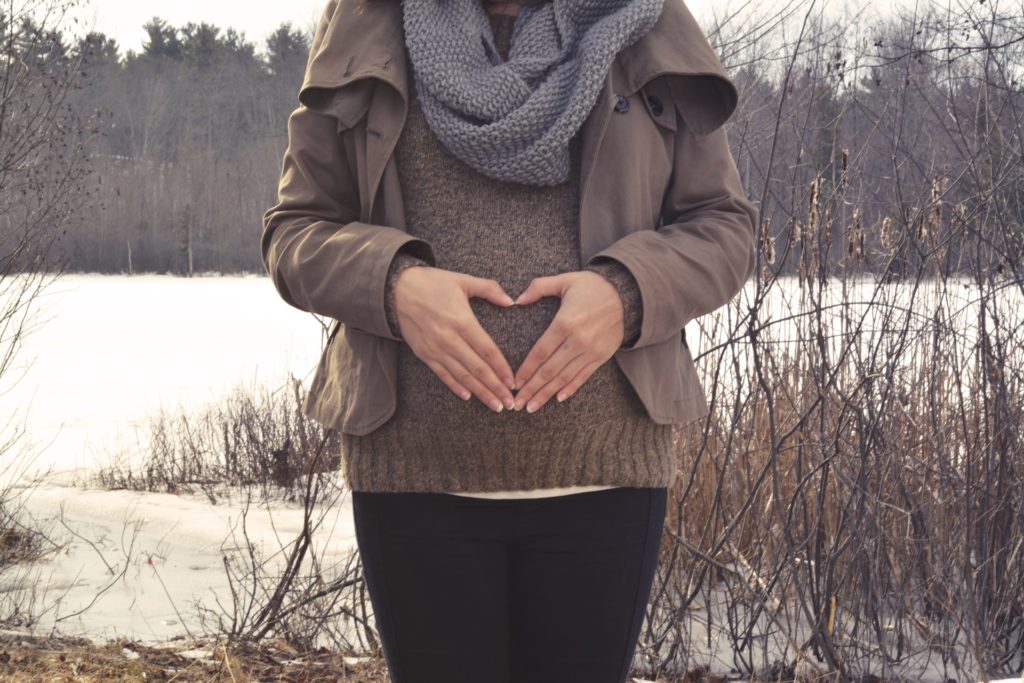
Image Source – Pixabay
Symptoms Specific To Menopause
1. Bone Density Loss
During perimenopause, decreased levels of estrogen in the body cause a reduction in bone density. The possibility of this is osteoporosis; the bones become brittle and weak due to tissue loss. This is a medical condition. Women are recommended to use calcium and vitamin D supplements in their late 40s to reduce bone mass loss.
2. Dryness in the Vagina
A decline in the elasticity and lubrication of the vagina is often caused by reduced estrogen levels. After intercourse, this can cause bleeding and render intercourse uncomfortable.
3. Fertility Reduce
Decreased levels of estrogen often contribute to a decline in the vagina’s elasticity and lubrication. This can lead to bleeding and pain after sex.
4. Risk of Heart Disease
Increased levels of LDL (low-density lipoprotein), also known for bad cholesterol, are responsible for lower estrogen levels. It raises the probability of heart and stroke.
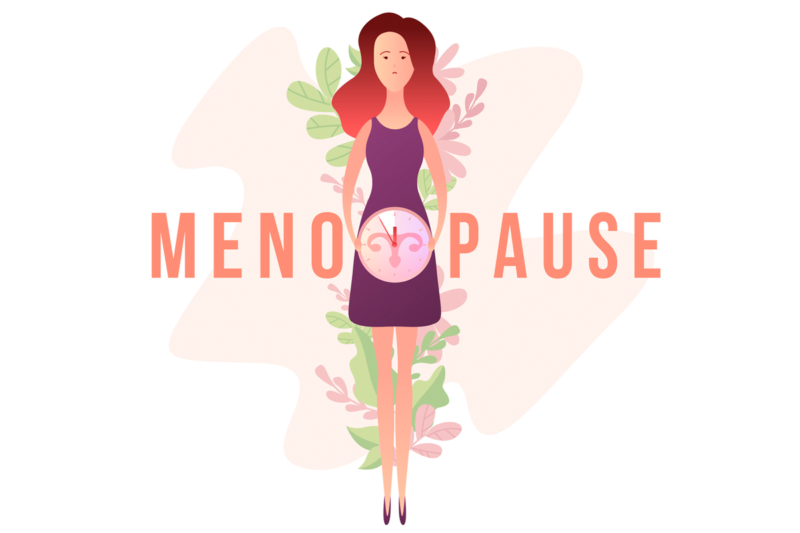
Image Source – rejuvage.com
Diagnosis Of Menopause and Pregnancy
It is possible for a doctor to correctly diagnose and confirm both pregnancy and menopause. You should take these steps to better diagnose if you’re in your 40s and have symptoms that may be caused by either pregnancy or menopause:
1. Pregnancy Diagnosis
If you have any questions as to whether your symptoms are due to menopause or pregnancy, take a home pregnancy test to confirm it. To ensure that the home pregnancy test does not give you a false positive or negative result, make sure that you check the result with your doctor. With a blood or urine test and a pregnancy ultrasound scan, the doctor will validate the pregnancy. The ultrasound scan is the tool used by most physicians to confirm a viable pregnancy.
2. Menopause Diagnosis
You should check with your doctor if you don’t know if your symptoms are caused by pregnancy or menopause. To rule out pregnancy, this confirmation is carried out by a blood and urine test. In order to assess levels of the hormones estrogen and progesterone, the doctor will also do blood tests. He will also take into account all symptoms encountered by a female, including menopause changes.
There are some common signs of menopause and pregnancy. This can make it difficult for women in their 40s to decide if their symptoms are due to pregnancy or menopause. This can be confirmed by testing the doctor for the cause of the symptoms, who can perform medical tests. The woman must begin to eat well, take prenatal vitamins, and plan to give birth if the cause is pregnancy. If menopause is the case, a woman can take calcium and Vitamin D supplements, frequently exercise, eat healthily, and suggest hormone substitution therapy in order to alleviate menopause symptoms.



